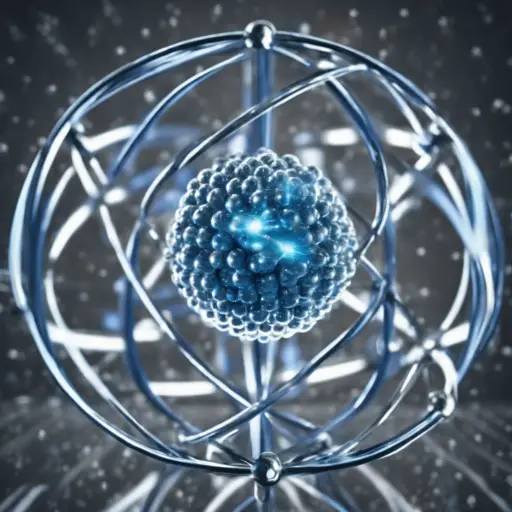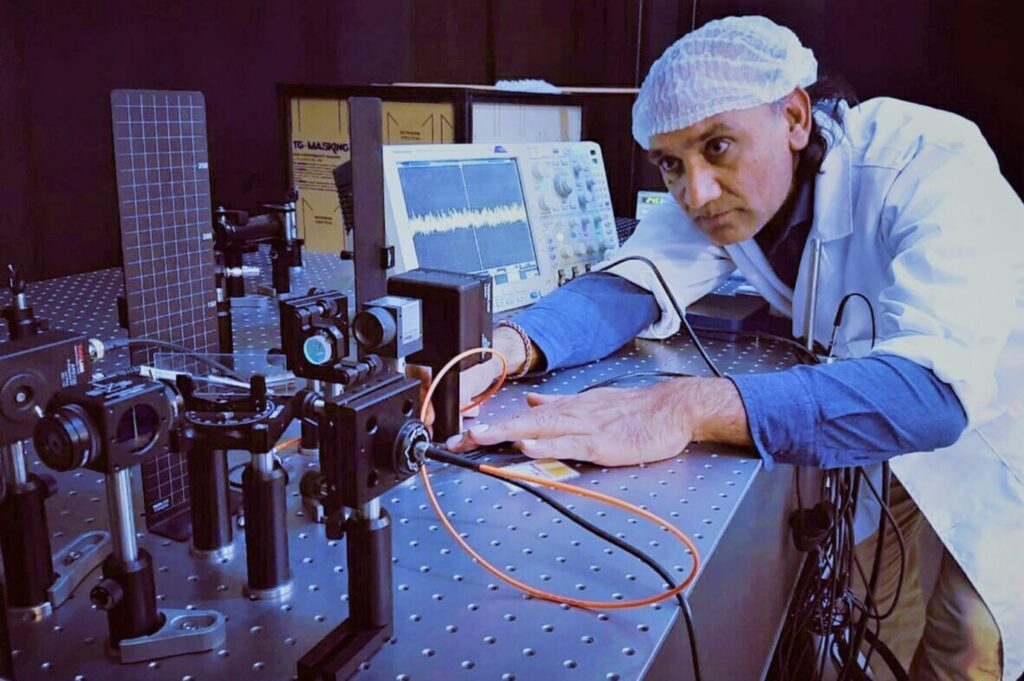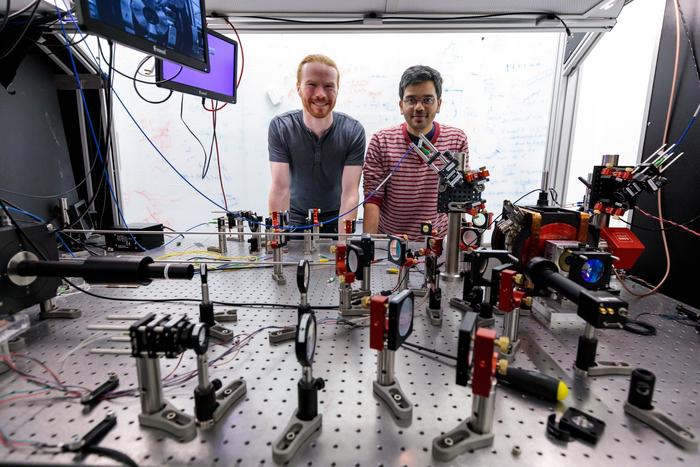Insider Brief
- Silicon qubits have long coherence times and are compatible with advanced semiconductor manufacturing techniques.
- These qubits also face challenges, such as charge noise and valley splitting.
- Researchers at the University of Rochester, University at Buffalo, SUNY Stony Brook, NY Creates, University of California, Los Angeles and Lawrence Livermore National Laboratory are using grant funds to find ways to overcome silicon qubit challenges.
- Image: University of Rochester physicist John Nichol is exploring ways to overcome some shortcomings of otherwise promising silicon spin qubits. (Mark Garlick / Getty Images Science Photo Library)
PRESS RELEASE — Quantum computers harness quantum mechanics to perform computations and solve problems beyond the capabilities of classical computers. While a regular computer consists of billions of transistors, called bits, quantum computers are based on quantum bits, also known as qubits.
In the quest to build powerful quantum computers, one type of qubit has shown exceptional promise: silicon spin qubits. These qubits not only have long coherence times but are also compatible with advanced semiconductor manufacturing techniques. Despite this promise, the material used in silicon spin qubits creates recurring challenges for researchers. These include:
- Charge noise, or erratic fluctuations in the electrostatic environment surrounding the qubits, making them unstable
- Valley splitting, which creates quantum-dot energy levels that can get too close and cause unwanted complications
- Spatial variations in electron g-factor, which can lead to difficulty controlling qubits
To overcome these challenges, the US Air Force Office of Scientific Research (AFOSR) has awarded more than $6.7 million to a multidisciplinary team of experts in materials characterization and modeling, silicon fabrication, and quantum experiments. Led by researchers at the University of Rochester, the team includes collaborators at the University at Buffalo; SUNY Stony Brook; NY Creates; University of California, Los Angeles; and Lawrence Livermore National Laboratory.
“We are taking a materials-first approach to discovering the underlying causes of the challenges with silicon spin qubits,” says John Nichol, an associate professor of physics at Rochester and the primary investigator on the project.

AFOSR funds high-risk basic research that has the potential to profoundly impact the nation’s technological progress, in areas including the development of stable and powerful quantum computers. The office’s funding of a partnership between academia, a national laboratory, and an innovation hub is key to making advances in quantum computing, according to Nichol.
“This team has the required expertise to investigate correlations and causation in silicon spin qubits and ultimately accelerate progress through materials development in this platform,” he says.
If you found this article to be informative, you can explore more current quantum news here, exclusives, interviews, and podcasts.




















